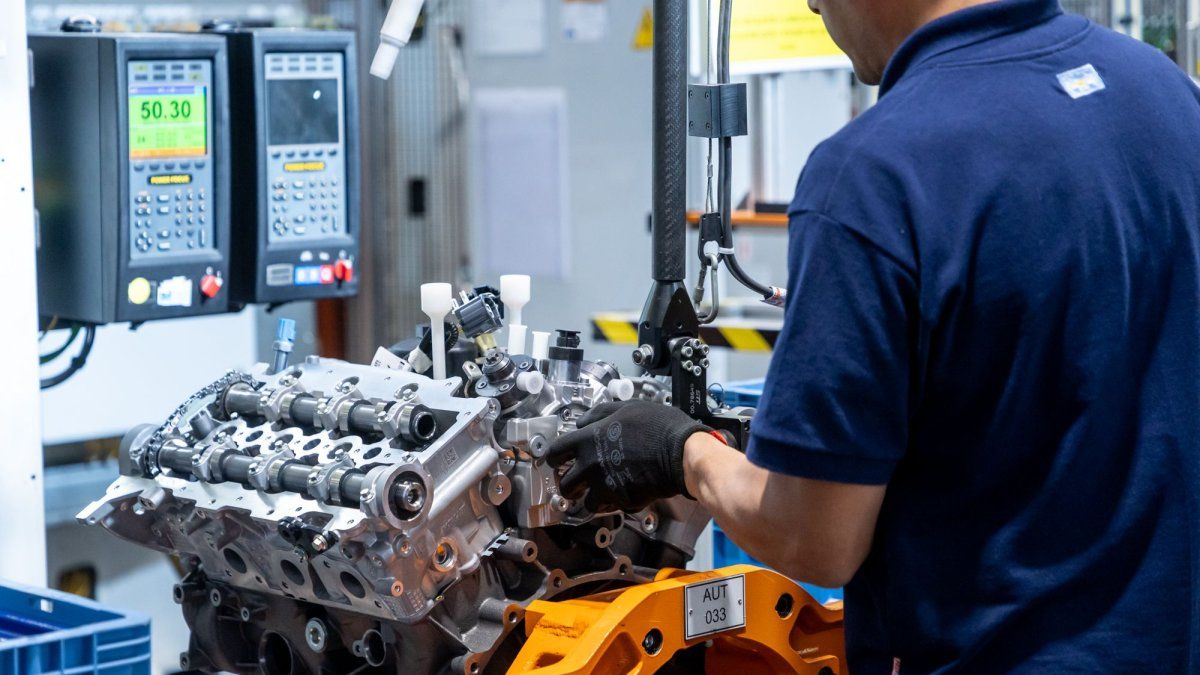The Resolution 222/2025published in the Official Gazetteformalized the elimination of Safety Auto Parts Certificate (Chas)a procedure that for years generated controversies within the automotive sector. However, this repeal did not imply an absolute liberalization, since The government replaced the old scheme with a new system based on certification licenses.
The new mechanism forces all Security auto parts that are sold in the country have a Certification license. These certificates must be issued by recognized entities, such as Intihe IRAM or international laboratories enabled under the ISO 17025 standard.
Through this provision, the Secretariat of Industry and Commerce established a more strict control model adapted to current market demands. The main objective is to conserve basic quality standards for critical components in road safety, such as brakes, tires, seat belts and lighting systems.
The products achieved
The new regulations cover more than 30 categories of auto parts, including rearview mirrors, fire extinguisher, Child retention systems, protective helmets, Incandescence spark plugs, bumper and airbag spare partsamong others. This list aims to ensure that each vehicle circulating on Argentine routes has reliable components.
AUTOPARTES DEPOSIT GALPON.JPEG
The new regulations cover more than 30 categories of auto parts.
In addition, the system incorporates a key technological innovation: each auto part must have associated a QR code that will allow users to consult their technical information and certification. In parallel, importers will be obliged to declare their products through the Malvina System at the time of making the office.
End of chas and new regulatory approach
The end of CHAS It is part of the plan Administrative deregulation Minister driven Federico Sturzeneggerwho described the old certificate as “The evil of chas”This mandatory tool, applied for years to imported auto parts, was hard questioned by its bureaucracy and the high costs it implied.
Despite its elimination, the Government argued that the essence of control does not disappear. “The spirit of the chas is still in force,” said official sources, in relation to the new certification procedures that seek to guarantee the Product quality that enter the country.
Manufacturers, merchants and consumers must now adapt to a transition stage. While the new system involves operational challenges, the Executive says it will bring benefits in terms of Road safety and consumer trust.
This framework seeks to balance the liberalization of foreign trade with the need to protect the physical integrity of users. The implementation of these measures aims to transform the Argentine Autopartes market into one more environment efficient, safe and transparent.
Opinions of the industrial sector
For Juan Cantarellaholder of the Component Factory Association (AFAC)change constitutes a positive step. “It is a variable that impacts the safety of third parties. Having a control system allows greater transparency and general welfare,” he said. He also raised the need to implement an efficient system that guarantees traceability and compliance with the new rules.
The leader considered that the quality demand not only protects direct consumer, but strengthens confidence throughout the industrial chain. In addition, he stressed that the QR code represents an advance in access to information for users.
Source: Ambito
I’m a recent graduate of the University of Missouri with a degree in journalism. I started working as a news reporter for 24 Hours World about two years ago, and I’ve been writing articles ever since. My main focus is automotive news, but I’ve also written about politics, lifestyle, and entertainment.




